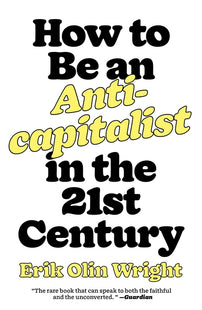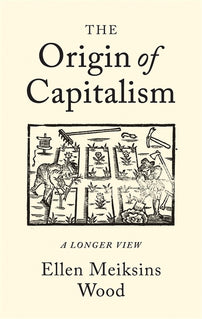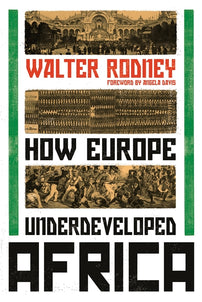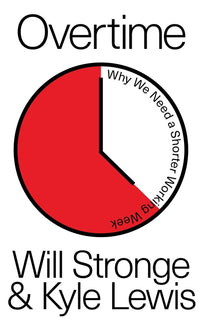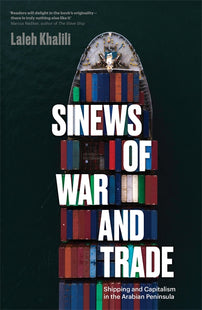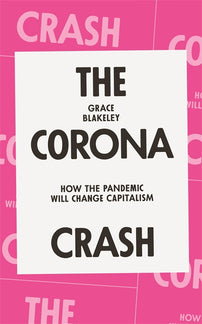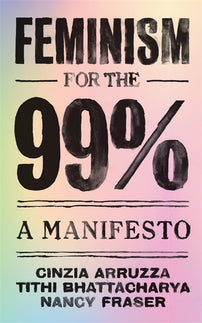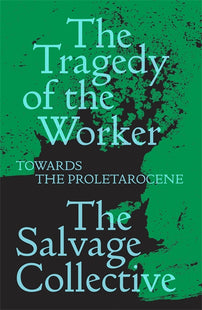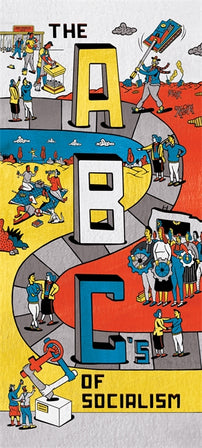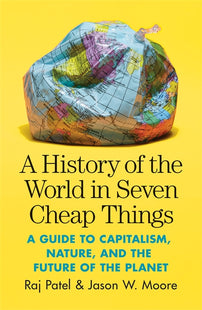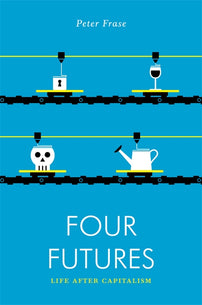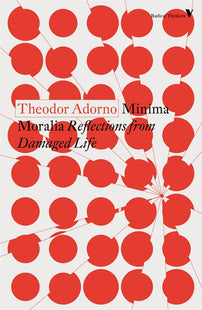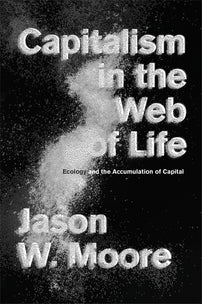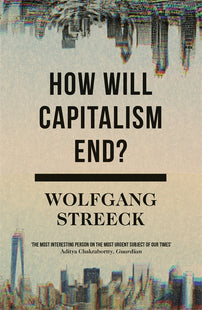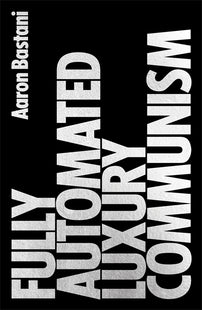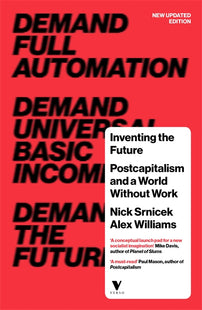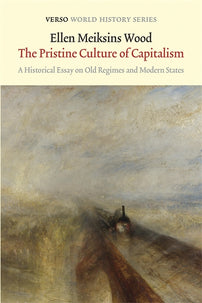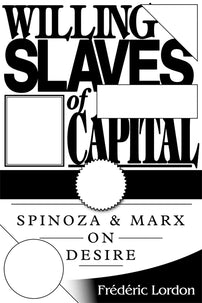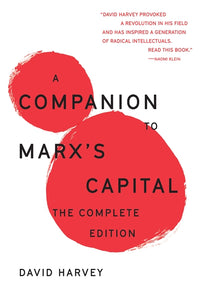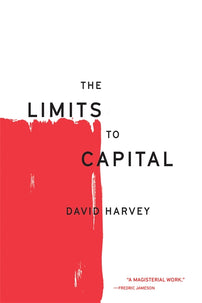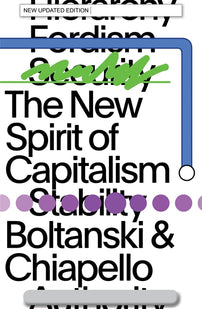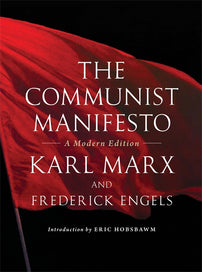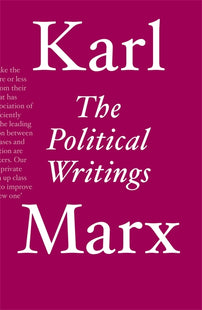We all live in a country called Capitalism
Books that identify our economic system as the key obstacle in our fight for liberation.

The Korean director Bong Joon Ho, when asked about why Parasite had resonated so deeply, with so many across the world, replied "there is no borderline between countries now because we all live in the same country, it’s called capitalism." Parasite is a film that speaks to the class inequalities, societal structures, and violence that underpins capitalism. The same is felt by many, across our world. Capitalism is, in short, a global moral, political, and ecological global disaster. One that is shared across borders and nations.
These books look closely at the origins of the capitalist system, and offer alternative ways of organising our societies.
An urgent and powerful argument for socialism, and an unparalleled guide to help us get there. Another world is possible.
[book-strip index="2" style="buy"]How did the dynamic economic system we know as capitalism develop among the peasants and lords of feudal Europe?
[book-strip index="3" style="buy"]How Europe Underdeveloped Africa is an ambitious masterwork of political economy, detailing the impact of slavery and colonialism on the history of international capitalism.
[book-strip index="4" style="buy"]A radical and pragmatic manifesto for tackling the interconnected crises of contemporary capitalism: work, care and the environment. The time we spend at work is neither natural nor inevitable. Instead the amount of time we spend working is a political, cultural and economic question.
[book-strip index="5" style="buy"]How shipping is central to the very fabric of global capitalism.
[book-strip index="6" style="buy"]Free market, competitive capitalism is dead. The separation between politics and economics can no longer be sustained. In The Corona Crash, leading economics commentator Grace Blakeley theorises about the epoch-making changes that the coronavirus brings in its wake.
[book-strip index="7" style="buy"]Taking as its inspiration the new wave of feminist militancy that has erupted globally, this manifesto makes a simple but powerful case: feminism shouldn’t start—or stop—with the drive to have women represented at the top of their professions. It must focus on those at the bottom, and fight for the world they deserve. And that means targeting capitalism. Feminism must be anticapitalist, eco-socialist and antiracist.
[book-strip index="8" style="buy"]A brilliant, stringently argued pamphlet reflecting on capitalism’s death drive, the left’s complicated entanglements with fossil fuels, and the rising tide of fascism. In response, the authors propose Salvage Communism, a programme of restoration and reparation that must precede any luxury communism. The Tragedy of the Worker demands an alternative future—the Proletarocene—one capable of repairing the ravages of capitalism and restoring the world.
[book-strip index="9" style="buy"]A sweeping account of imprisonment—in time, in language, and in a divided country—from Korea’s most acclaimed novelist.
[book-strip index="10" style="buy"]Lefebvre's classic analysis of daily life under capitalism in one complete volume.
[book-strip index="11" style="buy"]Capitalism is a moral, political, and ecological disaster; it is also an incredibly powerful social system that seems to only get stronger. How do we think about an alternative that is possible within this system? Why is socialism still the most practical alternative to our alienated society?
[book-strip index="12" style="buy"]How has capitalism devastated the planet—and what can we do about it?
[book-strip index="13" style="buy"]An exhilarating exploration into the utopias and dystopias that could develop from present society.
[book-strip index="14" style="buy"]A reflection on everyday existence in the 'sphere of consumption of late Capitalism', this work is Adorno's literary and philosophical masterpiece.
[book-strip index="15" style="buy"]Drawing on environmentalist, feminist, and Marxist thought, Moore offers a groundbreaking new synthesis: capitalism as a “world-ecology” of wealth, power, and nature.
[book-strip index="16" style="buy"]After years of ill health, capitalism is now in a critical condition. Growth has given way to stagnation; inequality is leading to instability; and confidence in the money economy has all but evaporated. In How Will Capitalism End?, the acclaimed analyst of contemporary politics and economics Wolfgang Streeck argues that the world is about to change.
[book-strip index="17" style="buy"]It’s not capitalism, it’s not neoliberalism—what if it’s something worse?
[book-strip index="18" style="buy"]A different kind of politics for a new kind of society—beyond work, scarcity and capitalism.
[book-strip index="19" style="buy"]A bold manifesto for life after capitalism. Nick Srnicek and Alex Williams demand a postcapitalist economy capable of advancing standards, liberating humanity from work and developing technologies that expand our freedoms.
[book-strip index="20" style="buy"]The fundamental flaws in the British economy are not just the symptoms of arrested development but the contradictions of the capitalist system itself. Britain today, Wood maintains, is the most thoroughly capitalist culture in Europe.
[book-strip index="21" style="buy"]Three radical perspectives on the critique of capitalism.
[book-strip index="22" style="buy"]Why do people work for other people? This seemingly naïve question is more difficult to answer than one might at first imagine, and it lies at the heart of Lordon's Willing Slaves of Capital.
[book-strip index="23" style="buy"]Based on Harvey's recent lectures, this current volume—finally bringing together his guides to volumes I, II and much of III—presents this depth of learning to a broader audience, guiding first-time readers through a fascinating and deeply rewarding text. A Companion to Marx’s Capital offers fresh, original, and sometimes critical interpretations of a book that changed the course of history and, as Harvey intimates, may do so again.
[book-strip index="24" style="buy"]Now a classic of Marxian economics, The Limits to Capital provides one of the best theoretical guides to the history and geography of capitalist development.
[book-strip index="25" style="buy"]New edition of this major work examining the development of neoliberalism.
[book-strip index="26" style="buy"]Well, it wouldn't be a anti-capitalism reading listing without The Communist Manifesto! Marx and Engels’s enduring insights into the capitalist system: its devastating impact on all aspects of human existence; its susceptibility to enormous convulsions and crises; and its fundamental weakness.
[book-strip index="27" style="buy"]And finally, last but not least: All of Marx’s essential political writing in one volume.
Further Reading
Tis the Season to Abolish the Family
Understanding the Cost of Living Crisis
Christianity and Anticapitalism
I Do Not Dream of Labour: books that imagine a different working world
We all live in a country called Capitalism
Imagining Radical Futures: utopian thinking for a different world
Abolition is the only solution: a reading list for breaking police power
10 Books Every Student Should Read
COP26: a radical climate reading list
Decolonize your bookshelf! Verso Student Reading
Histories of Global Underdevelopment
